For the past 35 years, Integrated Lakes Management has provided ecological services to benefit both people and nature. Founded by Jim Bland in 1982, ILM began as an aquatics-based company that focused on water quality testing, fish management, and removal of nuisance aquatic plants.

ILM maintains three offices located in Waukegan and West Chicago, Illinois and Salem, Wisconsin–to serve clients in northeastern Illinois and southeastern Illinois.
When Keith Gray purchased the company in 2005, he had previously founded an environmental testing service focused on water and industrial wastewater compliance testing, and specializing in stormwater runoff, water quality, and volume monitoring.
The company’s clients include homeowners’ associations, private residences, landowners, park districts, municipalities, corporate sites, federal and state agencies, and educational campuses.
Its 40 employees possess degrees in biology, ecology, or environmental sciences, but according to ILM’s Vice President of Green Initiatives, Lisa Woolford, they all share one trait in common: “We care about the health of nature,” Woolford says.
The company provides a vast array of services including maintenance of stormwater systems and preservation of lakes, ponds, and streams. They also work on maintaining the health of natural areas, such as woods and wetlands. Additionally, they consult with clients to give them a broader understanding of a lake or pond, and to create three- to five-year plans for taking care of the water and maintaining water quality.

Woolford recalls a particular project in Lake County, Illinois, that benefited from ILM’s expertise. Cattails had taken over a wetland near a state road. When water could no longer flow through the wetland, it backed up over the road, causing auto accidents when surprised drivers hit the water, only to have their cars hydroplane.
“We needed to dig out channels through the wetland to get the water flowing,” Woolford says.
Complicating matters, the winter weather that year was mild. Normally, such excavation work is done when the ground freezes over.
But ILM owns amphibious equipment that could reach the difficult-to-access area and pull up the cattails causing the problem. Once the amphibious excavator removed the plants, the company’s amphibious marsh buggy hauled the material out with no damage to the surrounding environment.
“We responded quickly, at half the cost of traditional machinery,” Woolford says. “Our amphibious equipment allows us to do work when historically we could not, without freezing conditions.”

Whether called out to improve a pond’s vitality, restore a shoreline, or conduct a prescribed burn, the company’s specialists always begin by conducting a holistic assessment.
“Nature is interconnected,” Woolford explains. If plants are overrunning a pond or lake, the first step is to take out the invasive varieties. But that relief can only be temporary without uncovering and addressing the plants’ source of nutrients.
ILM uses the D.A.S.H. system–diver-assisted suction harvesting–to ‘weed’ a pond or lake. Avoiding the native plants that support fish and other wildlife, a diver takes out unwanted plants by their roots using a chemical-free process. Afterward, the removed plants go to a sorting table where the diver combs through the vegetation to pick out any stray animals, such as turtles or crawfish, and then returns them to the water.

While ILM’s busiest season is summer, much work can be accomplished in winter, including removing buckthorn and honeysuckle from landscapes and resolving stormwater issues, which are handled by the company’s Environmental Construction Division.
Wisconsin Program Specialist Michelle Goodeve says that ILM undoes some of “the human impact” on nature. “It’s rewarding to restore a prairie or woodland,” she adds.
That very philosophy is what forms the basis for Integrated Lakes Management’s motto: “We give nature a helping hand.”

ILM Environments
262.977.7755
ilmenvironments.com












